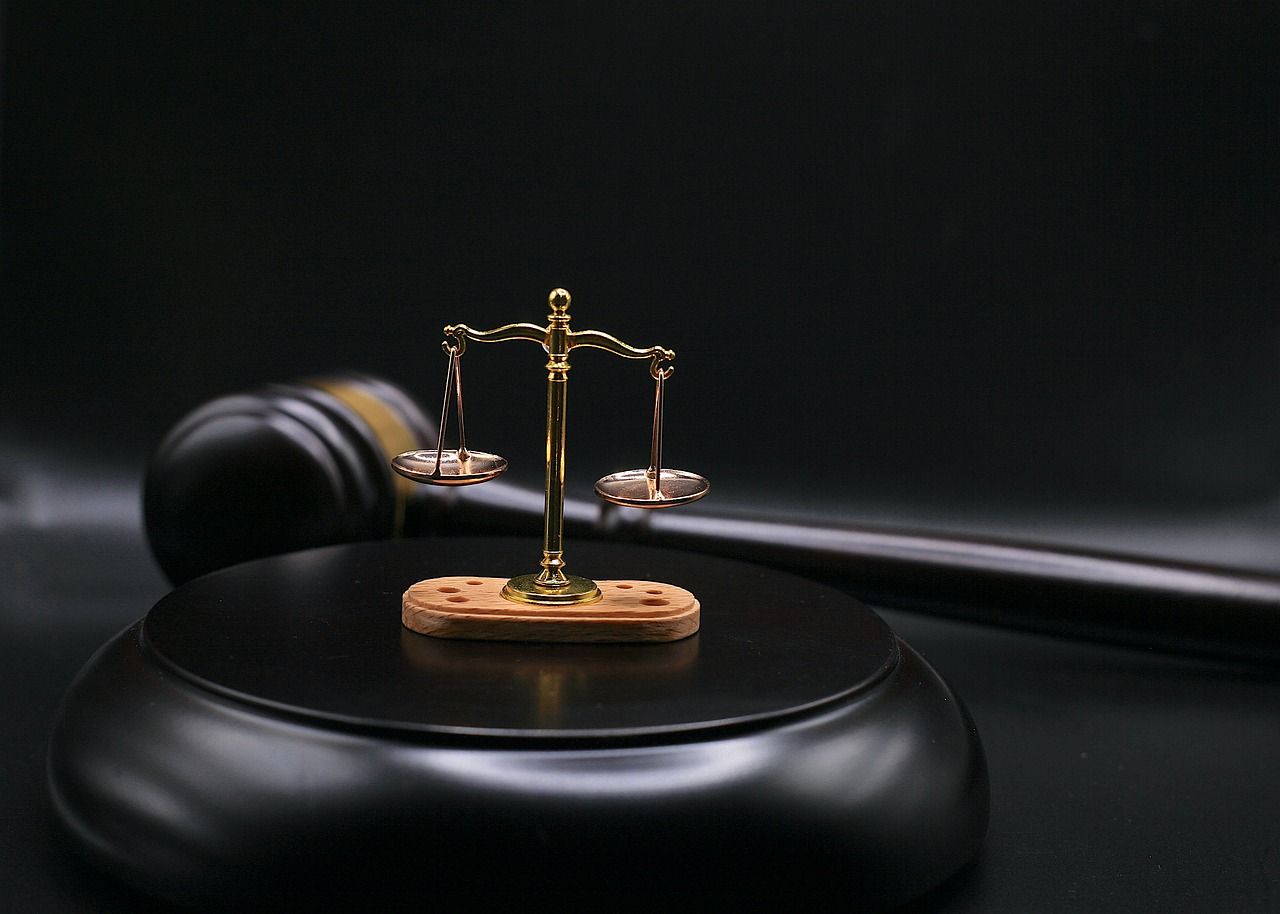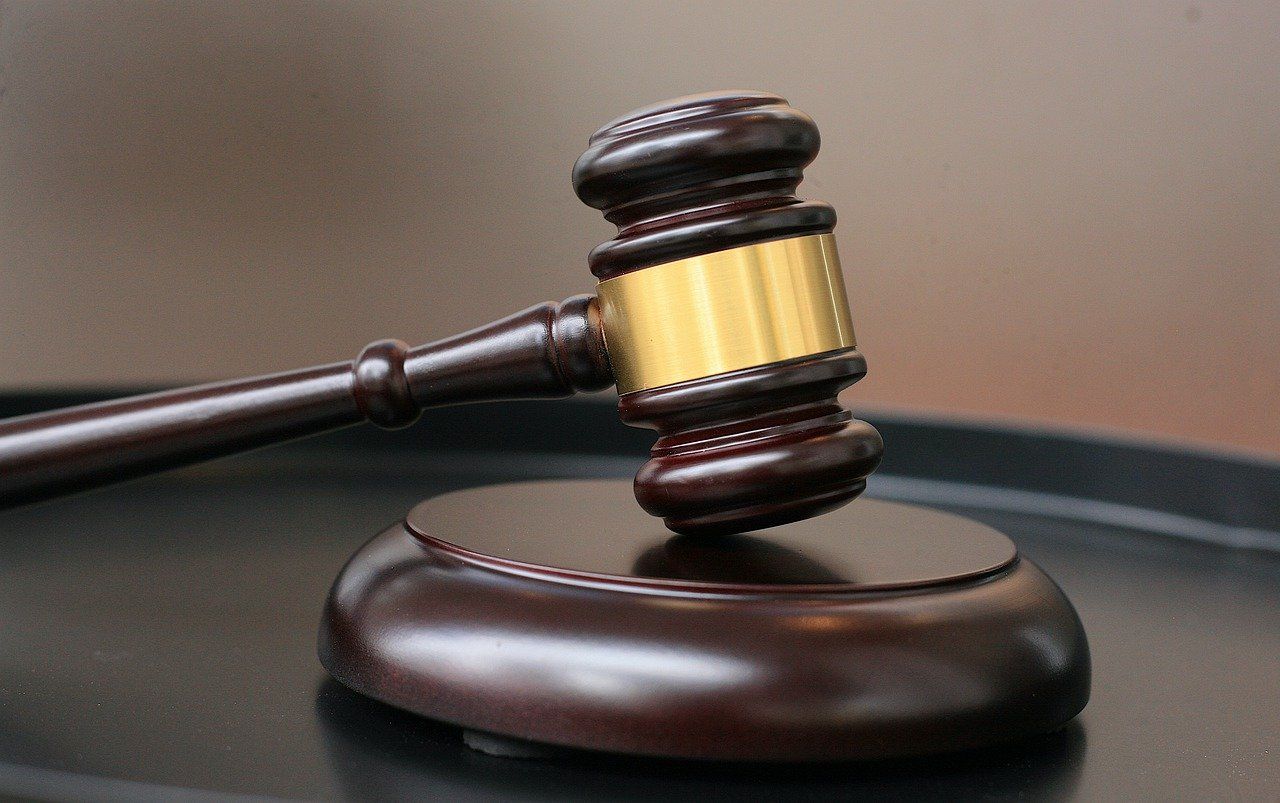Elon Musk's social network, now known as X, formerly Twitter, lost a lawsuit against the Center for Countering Digital Hate (CCDH), a research group reporting on the rise in hate speech and racist content since Musk acquired the platform in October 2022. Elon Musk's lawsuit, initiated by X in July 2023, sought to challenge the CCDH's findings, alleging substantial financial losses due to an advertising exodus prompted by the CCDH's critical reports. However, a federal judge dismissed the lawsuit, highlighting the retaliatory nature of X's legal action aimed at stifling critical speech.
This ruling marks a crucial juncture for Musk and X, as it not only questions the platform's approach to managing harmful content but also underscores the limitations of leveraging litigation to combat criticism. The judge's decision to dismiss the lawsuit emphasizes the perceived intent behind X Corp.'s lawsuit—to penalize the CCDH for its critical examination and potentially deter similar critiques from other parties.
The Lawsuit

Overview of Elon Musk's lawsuit against CCDH
In an unexpected turn of events, X Corp, previously known as Twitter and now owned by Elon Musk, initiated legal action against the Center for Countering Digital Hate (CCDH), a nonprofit research organization. The lawsuit emerged in the wake of CCDH's reports that indicated a significant rise in hate speech, racism, and dissemination of misinformation on the platform following its acquisition by Musk in October 2022. X Corp's legal complaint, filed in July 2023, targeted the research group over their findings, which were linked to a notable drop in advertising revenue for the social media giant.
X Corp's allegations and objectives
X Corp laid out several charges against CCDH, including breach of contract, violation of the Computer Fraud and Abuse Act, intentional interference with contractual relations, and inducing breach of contract. The core of X's grievance was CCDH's alleged unauthorized access to X's data via third-party analytics firm Brandwatch and subsequent release of "research" that X argued used metrics out of context. This research reportedly resulted in substantial financial ramifications for X, with the company pointing to "tens of millions of dollars" in losses. X accused CCDH of a smear campaign fueled by competitors' funding, aiming to tarnish the social media platform's reputation and drive away advertisers.
CCDH's defense and legal motions
In response to X Corp's lawsuit, CCDH's legal representation filed a motion in November to dismiss the case, invoking California's law against Strategic Lawsuits Against Public Participation (SLAPP), designed to protect freedom of speech against litigious silencing efforts. CCDH's defense underscored the importance of their work in highlighting the proliferation of hate speech and misinformation on social media platforms and maintained the integrity and necessity of their research.
The Court's Ruling

Key points from Judge Charles Breyer's decision
Judge Charles Breyer's decision to dismiss X Corp's lawsuit against CCDH was both decisive and revelatory. Breyer articulated a clear stance that the lawsuit appeared to be retaliatory, aimed at punishing CCDH for its critical publications about X Corp. By underscoring that the lawsuit was more concerned with CCDH's speech than its data collection methods, Breyer highlighted the importance of protecting free speech and academic research. The judge's acknowledgment that the lawsuit's intention was more about retribution than addressing alleged data breaches was a significant basis for the dismissal.
Legal implications of dismissing X Corp’s lawsuit
The dismissal of X Corp's and Elon Musk's lawsuit against CCDH underlines a critical protection offered to researchers and organizations that engage in public discourse and critique, particularly concerning public interest issues like hate speech and misinformation on social media platforms. This ruling sets a precedent affirming that legal actions cannot be used as tools for silencing critique or retaliating against unfavorable research findings. It reinforces the protection offered by anti-SLAPP legislation, ensuring that the freedom of speech is safeguarded against financially and legally burdensome lawsuits intended to suppress critical voices.
Response from X and intentions to appeal
Following the court's decision, X Corp expressed its intention to appeal, signaling that the legal battle might extend into further rounds of litigation. This move signifies not just a desire to overturn the ruling but also underlines the contentious nature of the discourse surrounding free speech, the responsibilities of social media platforms, and the right to critical research. As the saga continues, the tech industry and legal observers alike will be keenly watching how the appeals process unfolds and what implications it may have for the interaction between social media companies and watchdog entities.
Broader Impact of the Lawsuit

On free speech and public participation
Elon's lawsuit has stirred a significant conversation around free speech and public participation in the digital age. By taking legal action against the CCDH, an organization aiming to highlight and address hate speech and misinformation, X underscored the tension between platform management and public accountability. The judge's decision to dismiss the case in favor of CCDH emphasized the importance of protecting speech that critiques or holds powerful entities accountable, even if such speech might be inconvenient or unfavorable to those entities. This legal precedent reinforces the principle that public participation and critique, especially in the form of research and reporting by independent groups, are vital components of a healthy digital ecosystem. It encourages a more transparent dialogue around the responsibilities of social media platforms to monitor and manage harmful content effectively.
Potential effects on advertising revenue and public relations for X
This Elon Musk lawsuit has the potential to impact both advertising revenue and public relations for Musk's X significantly. Advertisers are increasingly conscious of the platforms where their ads are displayed, preferring environments that align with their brand values and are free from hate speech and misinformation. The legal battle, and its highlighting of issues related to content moderation under Musk's ownership, could cause advertisers to reconsider their investment in X, fearing brand damage by association. Furthermore, the case drew public attention to the accusations of increased hate speech on the platform, which could lead to a negative perception among existing and potential users. Balancing the company's stance on free speech with the need to create a safe, inclusive environment will be critical in maintaining and attracting a broad user base and sustainable advertising revenue.
Future legal battles and significance for social media platforms
The outcome of Musk's lawsuit sets a significant legal and cultural precedent for social media platforms. It illustrates the challenges platforms face in managing content while respecting free speech and avoiding censorship accusations. Future legal battles may further define the boundaries of responsibility for social media companies regarding user-generated content. This case suggests that efforts to suppress critique or research highlighting platform issues may not be favorably viewed by the judiciary. It also signals to other platforms that transparency, accountability, and effective content moderation are paramount in maintaining a positive relationship with both the public and the legal system. As social media continues to evolve as a central forum for public discourse, the legal frameworks guiding these platforms' operations will undoubtedly become even more critical.







